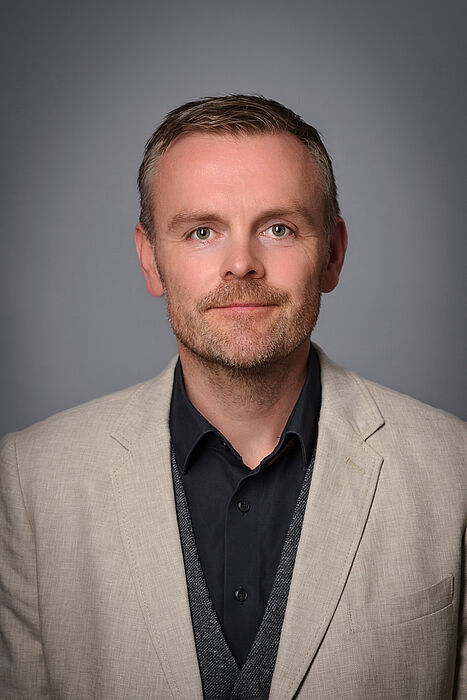Opportunities in life de facto hinge on group memberships that de jure should not matter for individual outcomes. But why do racism and other forms of discrimination endure in our societies? Kranton et al. 2020 (PNAS 117(35): 21185-21193) recently suggested that people may differ systematically in their responses to markers of group membership: highly ‘groupy’ people readily discriminate based on any sort of group marker, while ‘non-groupy’ tend to disregard any group memberships of others. Here, we ask: if Kranton et al.’s findings replicate, (i) is ‘groupiness’ better conceived of as a trait or as a state, and (ii) can we identify possible correlates of ‘groupiness’ at situational- or individual-levels? In a preregistered, longitudinal lab-in-the-field experiment (N=141), we assessed individuals' ‘groupiness’ using the same set of incentivized economic games like Kranton et al.’s original study. We tracked participants over the period of one year during which they were exposed to different strengths of natural group identities in their daily lives: one group consisted of first-year students at a large international university (weak group identity) while the others were police cadets in their first year (strong group identity). We find that discriminatory behavior is very unstable within participants across time and neither robustly associated with other individual level characteristics we measured nor affected by group identity strength. Our results suggest that, if at all, ‘groupiness’ might be stable only in a very limited sense, as participants who changed their level of discrimination tended to do so for multiple group markers simultaneously. We are confident that our findings are not rooted in the specifics of our lab-in-the-field setting, as behavior in a neutral dictator game and several psychometric measures that we included in the study show high levels of test-retest reliability even across one year. Our findings are hard to reconcile with notions of ‘groupiness’ as a trait. Rather, our results imply that discriminatory behavior is not time-stable. This observation emphasizes, again, the need to understand those situational factors and their interaction with individual characteristics that promote discrimination.


